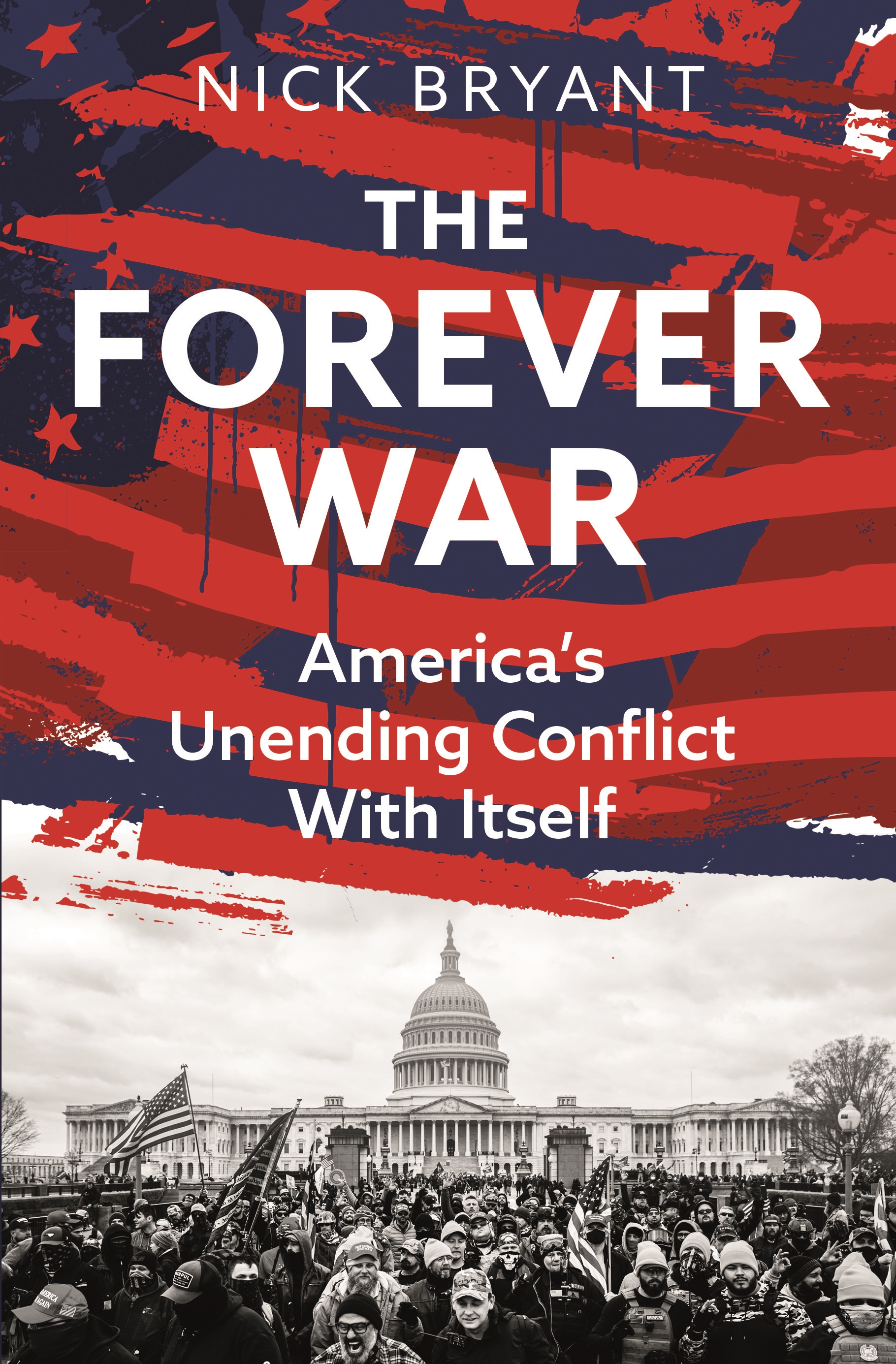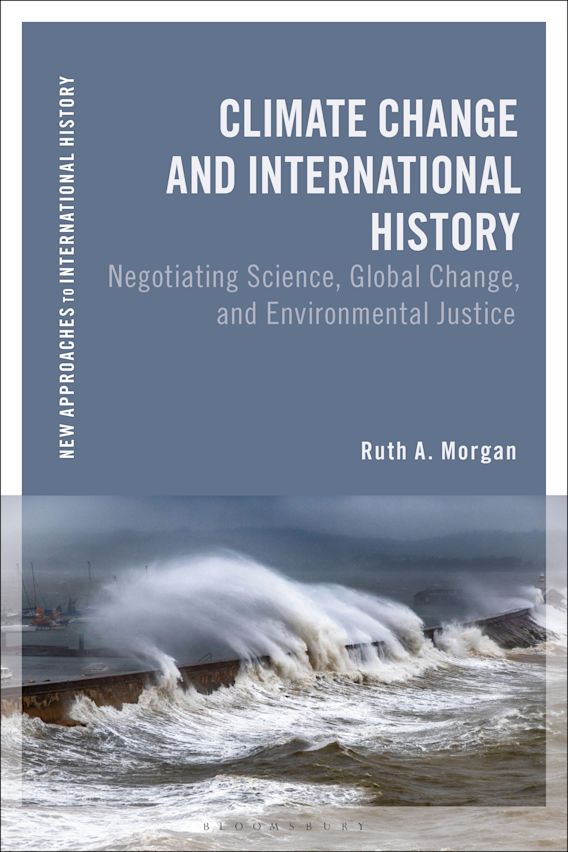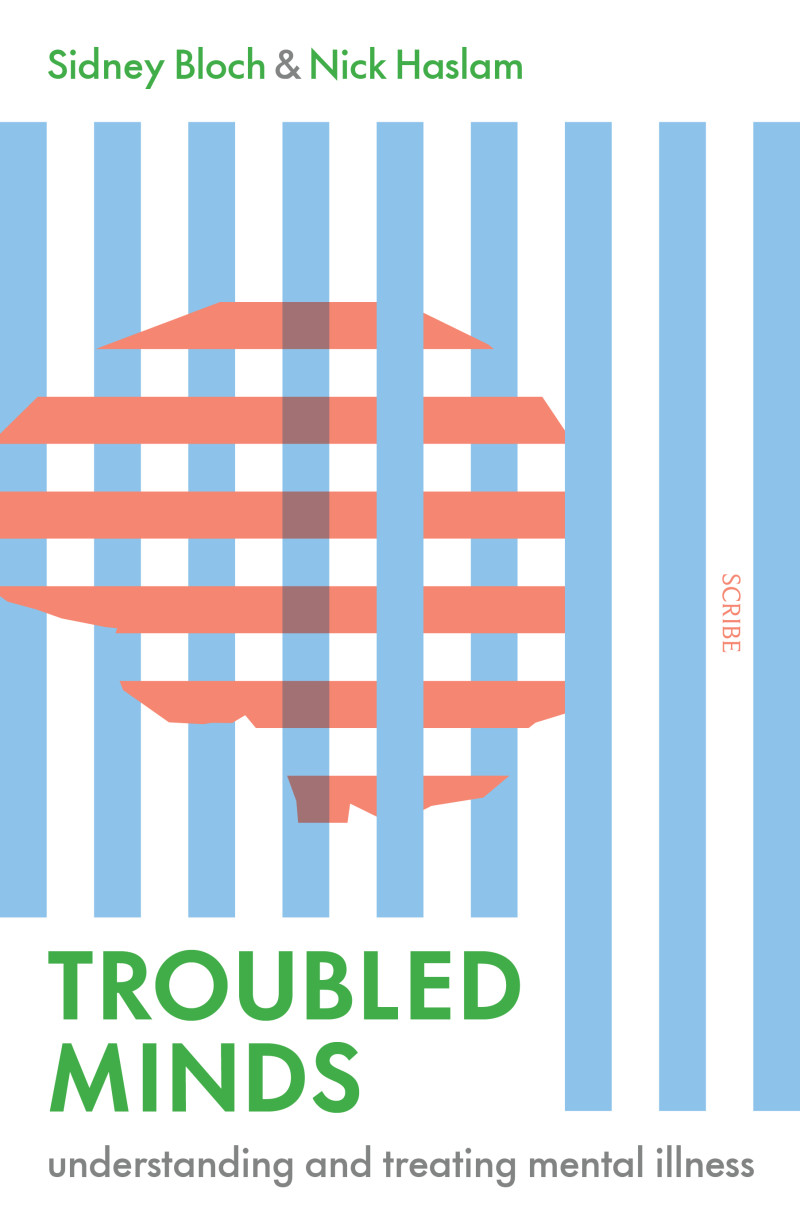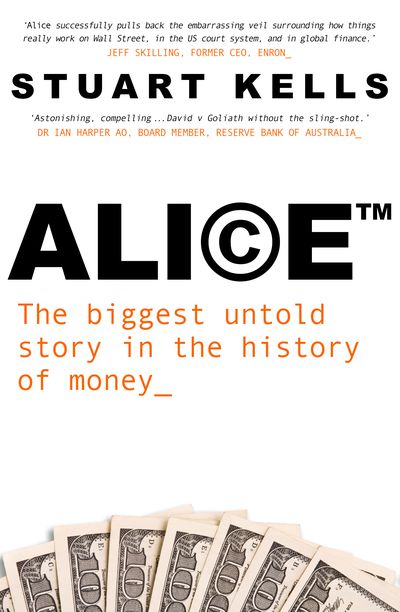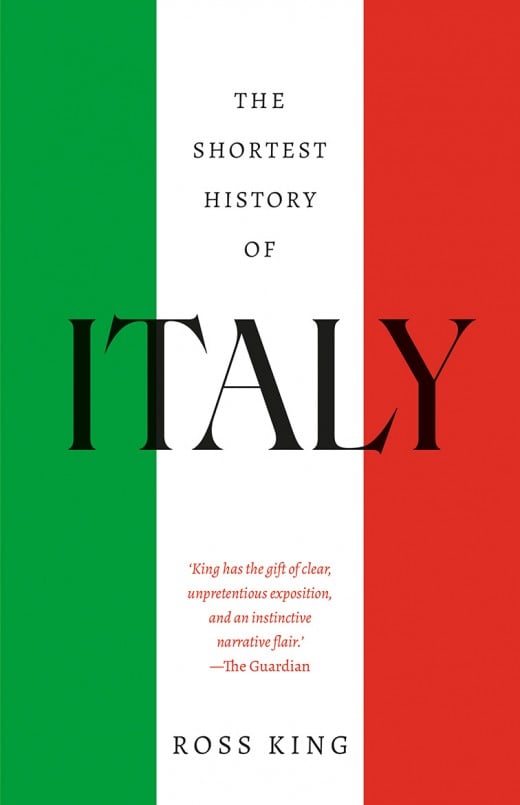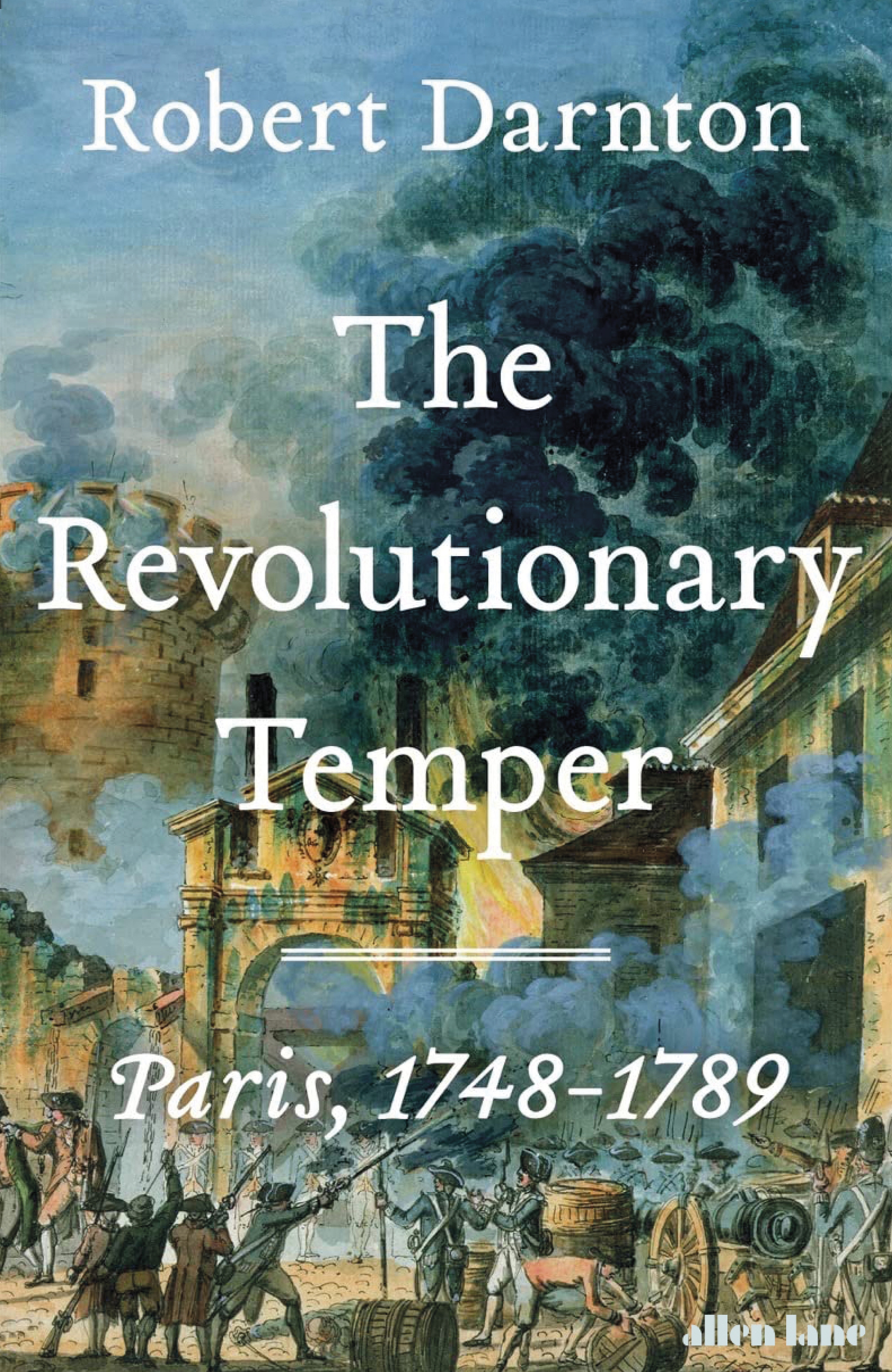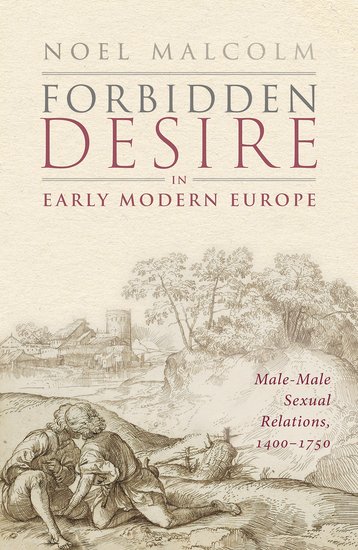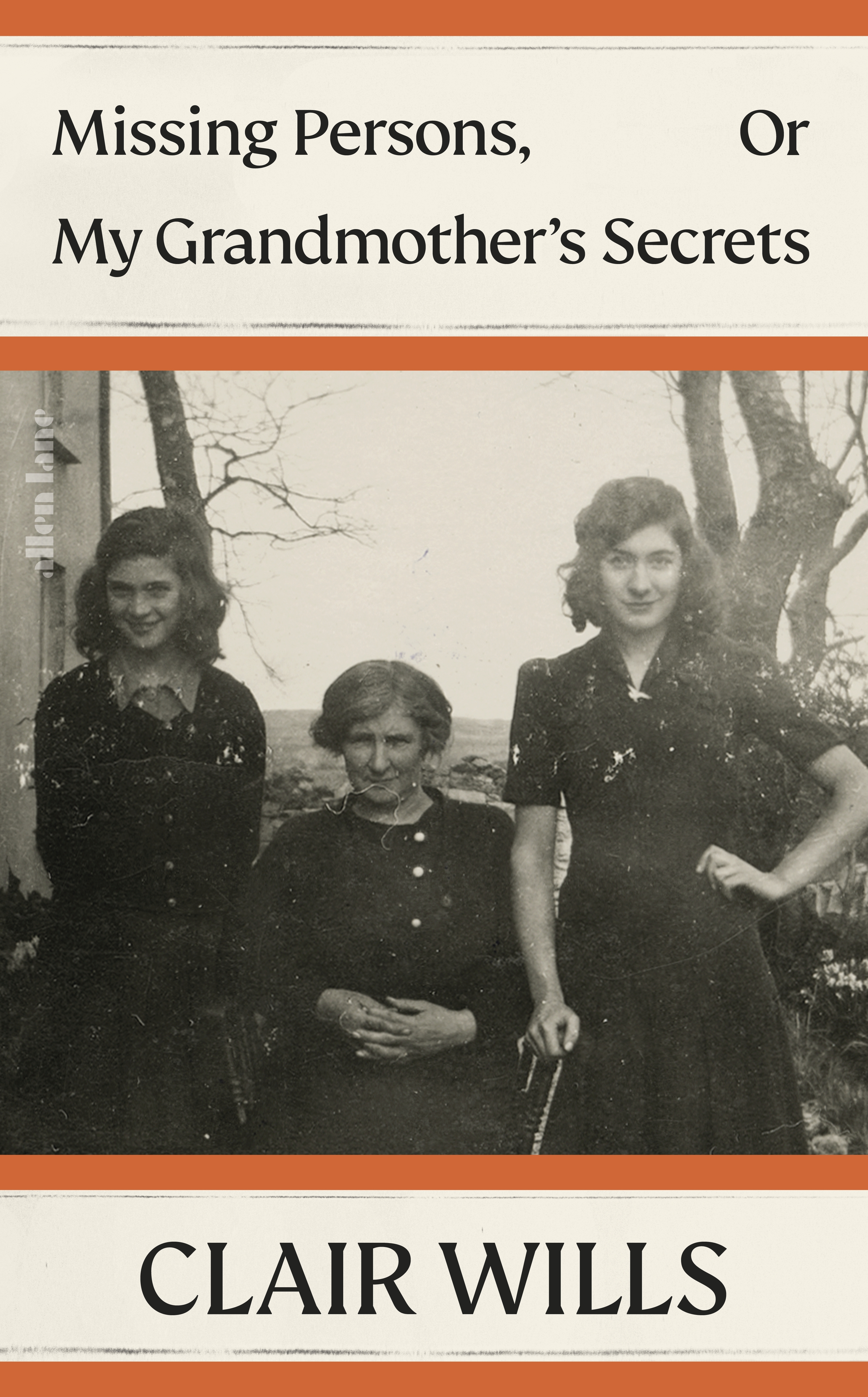Non Fiction
The Forever War: America’s unending conflict with itself by Nick Bryant
It was a young Abraham Lincoln’s prediction that the United States ‘must live through all time, or die by suicide’. Nick Bryant wants us to believe the latter is coming true. America has been popping pills from the very beginning. Now the fatal overdose is inevitable. This time, we are reaching an ‘extreme polarization … 250 years in the making … a second civil war’. Rather than the hysteria for and against Donald Trump being an aberration, ‘the hate, divisiveness and paranoia we see today,’ Bryant argues, ‘are in fact a core part of America’s story’. It has been on this path since 1776; Trump is less a waypoint than a destination.
... (read more)Becoming Ella Fitzgerald: The jazz singer who transformed American song by Judith Tick
My one-woman show A Star Is Torn was a sung catalogue of the great women singers who had ‘taught’ me via their recordings. Having assembled a list of twelve, Bessie Smith and Billie Holiday among them, I realised that they had all died young. The original draft also included a bunch of survivors, including Lena Horne and Ella Fitzgerald. My assessment of Ella was based on scant information. When I premièred that show in 1979, she was in her sixties and still touring the world at a phenomenal pace. The rest was largely mythology. Judith Tick’s mammoth biography is authoritative enough to make me believe I now have something much closer to the truth.
... (read more)Climate Change and International History: Negotiating science, global change, and environmental justice by Ruth A. Morgan
In 2020, with Katie Holmes and Andrea Gaynor, Ruth A. Morgan co-authored ‘Doing Environmental History in Urgent Times’, an article which was published in a dedicated ‘In urgent times’ edition of History Australia. With more than 8,800 views since its publication, which coincided with the first Covid lockdowns, the paper has gone on to become that journal’s most read article in its twenty-year lifetime. In it, the co-authors staunchly called for ‘barbed and incendiary histories that hold wrongdoers to account and keep watch over the present’. History writing is an inherently political act, and they stressed – in italics, no less – ‘there is no justice without history’. Four years on, there remains an ever-accelerating and palpable urgency to the work of history writing. With coruscating prose and assiduous scholarship, Climate Change and International History adds its voice to this chorus.
... (read more)Troubled Minds: Understanding and treating mental illness by Sidney Bloch and Nick Haslam
In the introduction to Troubled Minds, authors Sidney Bloch and Nick Haslam outline the territory they will cover, indicating that they are experts in psychology, psychiatry, and mental illness, with more than eighty years’ experience between them. They are wary of quick fixes (How to… books) and are also wary of professionals publishing in their own fields (potentially biased expertise). Fittingly, they see mental health and mental illness as complex. They have perceived a reader who is looking for a well-written, easy-to-comprehend book that spans conceptual diversity yet concentrates on ‘understanding’ both the ‘emotional and intellectual’ aspects of mental health and illness; one that emphasises contribution from the humanities as well as from science. They hope the book will assist those who first encounter people seeking mental health help (primary practitioners, counsellors, and others). Indeed, Troubled Minds is wonderfully written, highly readable and a tour de force from authors who have seamlessly brought their voices together.
... (read more)Alice™: The biggest untold story in the history of money by Stuart Kells
In the last decade, Stuart Kells has become one of Australia’s most versatile and fecund non-fiction writers, responsible for a variety of diverting histories, of enterprises, institutions, and ideas. His thoroughly readable The Library: A catalogue of wonders (2017) was shortlisted for a Prime Minister’s Award; his Shakespeare’s Library: Unlocking the greatest mystery in literature (2018) felt rather more padded, if not unenjoyably so. Books about Argyle Diamonds (2021) and Melbourne University Publishing (2023) have been welcome. I imagine him in a medieval artisanal workshop, a kind of booksmith studiously occupied in multiple, simultaneous pursuits.
... (read more)This book is orthodox in its range (from the foundation of Rome to the Covid pandemic), organised into specific historical periods (Renaissance, Illuminismo, Risorgimento), and traditional in telling history largely through eminent biographies and great historical events.
... (read more)No Country for Idealists: The making of a family of subversives by Boris Frankel
I first met Boris Frankel when he was a thirteen-year-old, in the pages of a file at the National Archives of Australia. I was working on Russian migrant families in Australia that decided to return to the Soviet Union, but then tried to come back to Australia. Boris and his sister Genia had travelled more than 1,500 kilometres from the Crimea to Moscow, alone, in 1959, in the hopes of persuading British authorities to allow their return to Australia. It was a remarkable story: two teenagers who negotiated Soviet bureaucracy and surveillance, made an impassioned plea, and secured the support of a British ambassador. The file even contained letters the children had written to Prime Minister Robert Menzies – their own, teenaged voices. Letters like this are a historian’s dream: I felt I had got to the heart of the story. And yet, in Boris Frankel’s historical memoir, No Country for Idealists, I saw the trip to Moscow anew. In the texture of Frankel’s narrative – their Siberian cabin-mate on the train journey (named Rasputin!), the ambassador’s chef who cooked them breakfast – the wonder of the journey emerged afresh.
... (read more)On 27 August 1783, Jacques Charles launched the world’s first hydrogen balloon flight from the Champ de Mars (now the site of the Eiffel Tower). He excluded his rival Jacques-Étienne Montgolfier from the ticketed reserve. Then, on 21 November, Charles and another ‘navigateur aérien’ made the first manned flight, landing thirty kilometres north of Paris. Montgolfier was invited to cut a ribbon as a gesture of reconciliation in the name of science.
... (read more)Forbidden Desire in Early Modern Europe: Male-male sexual relations, 1400-1750 by Noel Malcolm
Do gay men have a history – and, if so, what is it? Historians have grappled with such questions ever since Michel Foucault first published his History of Sexuality in the 1970s. The stakes are high because they are political: at root, they contest nature versus nurture. We know that men who have sex with other men have existed in every past society. But were those men the same as modern homosexuals? Many contemporary gays claim them as forerunners – yet several scholars see modern homosexuality as, fundamentally, a creation of contemporary late-stage capitalism and a chronological and cultural anomaly, whose associated rights may prove equally ephemeral.
... (read more)When amateur historian Catherine Corless wrote in the Journal of the Old Tuam Society (2012) that the bodies of 796 children who had died in Tuam’s Mother and Baby Home between 1925 and 1961 might have been interred in a disused septic tank within the home’s grounds, she supposed her involvement in the search for truth would be at an end. The article, she expected, would prompt academics, politicians, and law enforcement agencies – not to mention the Bon Secours nuns who ran the home – to begin their own inquiries.
... (read more)

